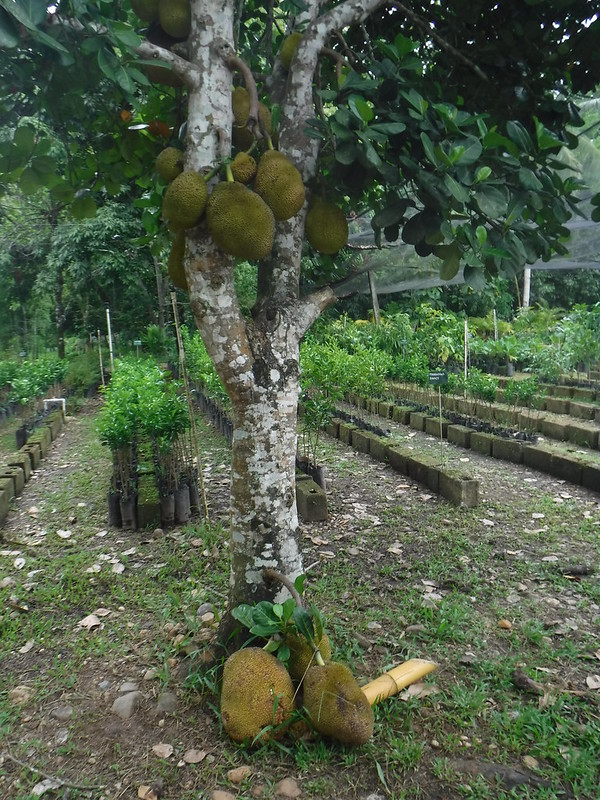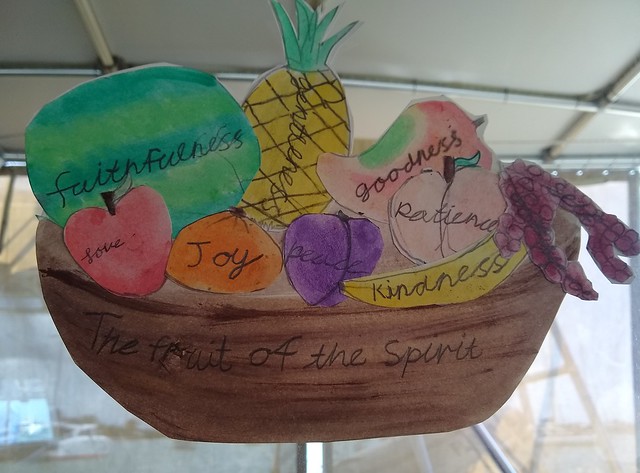A crisis reveals a lot about you and the people you love. When normal life and decorum are stripped away, you may be left exposed and raw, emotional and fragile, or you may demonstrate a strength of which you were previously unaware. You may be alternately strong and weak, or both simultaneously. When you are hurting, you know your friends by whether they stand by you or criticize you, or abandon you altogether. You find out how well you love others—whether you have a reserve out of which to give. Patterns from your childhood may reassert themselves, or you may find that the only solid ground to stand on rests on the healthy habits you have formed in adulthood.
I have made some observations about myself, some of which are not pretty. I have laughed heartily at all the introvert/extrovert videos circulating, at how true they are. I am married to someone who once told me “I would be perfectly happy on a deserted island.” This idea filled me with horror…I would be suicidal on a deserted island, or, like Tom Hanks’ character in Cast Away, I would be making friends with inanimate objects. I am surprised at how resentful I feel at Jay’s ability to remain calm, steady, happy, industrious…so normal despite the abnormal circumstances.
We have been isolated before—I mean, we live on a boat, right? But I’ve discovered that I can handle about three weeks in paradise, surrounded by the six people I love most in the world, before I need a new face to look at, a new person to talk to. An extrovert needs people like a plant needs sunshine. Some days, I’m fine, and the two-dimensional substitutes for a real live friend (facebook, phone, Zoom) are good enough. Other days, I feel trapped and cranky—I can’t even be nice to the people I am around. What’s wrong with me?
When I have very little control over the circumstances around me, I always go back to the mirror. Not to stare like Narcissus, but to examine my responses, which I can control, and to look at who I really am. It’s the oldest question in the book: Who am I? And the second, Why am I here? These questions invariably lead me back to the bedrock of my spiritual faith; either I am here by cosmic accident or I am here because Someone put me here. Both answers require faith—no one was there at the beginning to see how it all got started, and it requires an astronomical amount of time and a stretch of the imagination to get from an amoeba to a human mind.
For reasons with which I could fill a book, I have come to the conclusion that Someone put me here, that it wasn’t an alien civilization (because if it were, I would still have to ask who created the aliens?), that I’m not part of a computer simulation (because if I were, I would still have to ask, who is the programmer?), that we are more than mere physical manifestations of the life force, and that life has meaning, and that Good is as real as Evil, and that the source of that Good is personal and knowable. If you’ve read what I’ve written before, this comes as no surprise.
But I also see the darkness in my own reflection—my capacity for meanness, sadness, selfishness—a human nature at war with better impulses. I see the choices before me: to be patient or angry, to sow peace or discord, to respond to irritations with gentleness or harshness, to spend my time satisfying myself or caring for someone else, to offer thanks or complain, to forgive or hold a grudge, to focus on the negative or the positive. And the Someone who has me in the here-and-now has given me the power to exercise the better option, according to a favorite quote, “the fruit of the Spirit is love, joy, peace, patience, kindness, gentleness, faithfulness, goodness, and self-control” (Paul’s letter to the Galatians, chapter 5, verses 22-23, New International Version of the Bible).
Just like grapevines need rocky soil and harsh conditions to produce good fruit (in better conditions they produce only foliage), I myself grow spiritually during hardship. Circumstances may grow worse, or they may get better. But whatever the environment, I want to be the tree producing good fruit. Nothing could be simpler…or more difficult.
Because love is a choice I make, not a fleeting emotion, the small decisions I make every day become essential. To choose loving actions, I must make a connection with the Source of Love. I must learn to love myself—to accept that I am loved—in order to love others. Then, maybe then, I can “love my neighbor as I love myself.” Right now that means loving well the people in my direct environs, and the people with whom I have contact because the gift of technology brings humans together in an unprecedented way.
Paul warns the Galatians, just as he would warn us now, in an age when a person can hide behind a digital persona and say ugly things to his fellows with impunity, “if you keep on biting and devouring each other, watch out or you will be destroyed by each other. So I say, live by the Spirit, and you will not gratify the desires of the sinful nature…the one who sows to please his sinful nature, from that nature will reap destruction; the one who sows to please the Spirit, from the Spirit will reap eternal life. Let us not become weary in doing good, for at the proper time we will reap a harvest if we do not give up” (Galatians chapter 5, verse 15 and chapter 6, verses 8-9).
I had a rough week, and maybe you did, too. I’m struggling to discipline myself and keep us in a routine that fosters productivity and positivity. Even if I limit the news coming in, I know things are bad—I am hearing from friends around the world about horrific circumstances that put my petty complaints into perspective. And so I write these pep talks as much for myself as for someone else who might benefit. I must wake up every morning and tell myself the truth: “God loves you. He has a plan. Don’t live in fear, but in love. Choose kindness. Be thankful. Don’t give up. Be the tree that bears good fruit.”


